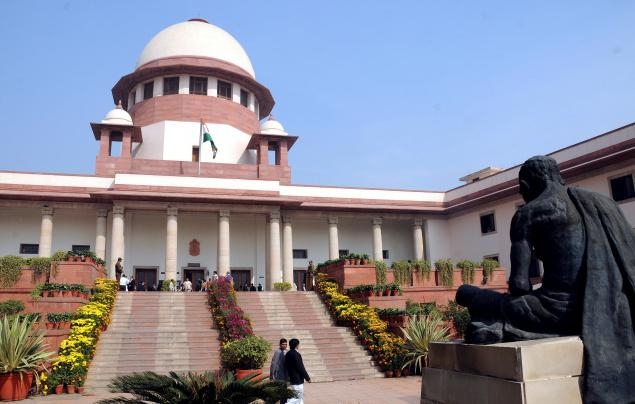The court noted that the file does not contain any evidence of the alleged link between the shareholders and JEI-H and the report of IB is purely an inference drawn from information that is already in the public domain…reports Asian Lite News
Stressing that the independent press is vital for democracy, and criticising the practice of sealed cover, the Supreme Court on Wednesday lifted the telecast ban on Media One, and said that national security claims cannot be made out of thin air and there must be material backing such an inference.
A bench of Chief Justice of India DY Chandrachud and Justice Hima Kohli said that an independent press is vital for the robust functioning of a democratic republic.
“Its role in a democratic society is crucial for it shines a light on the functioning of the state. The press has a duty to speak truth to power, and present citizens with hard facts enabling them to make choices that propel democracy in the right direction,” the court said. “The restriction on the freedom of the press compels citizens to think along the same tangent. A homogenised view on issues that range from socio-economic polity to political ideologies would pose grave dangers to democracy,” the court stated.
“The critical views of the Channel, Media-One on policies of the government cannot be termed, ‘anti-establishment’. The use of such terminology in itself represents an expectation that the press must support the establishment,” the court said as it came down heavily on the action of the MIB by denying security clearance to a media channel on the basis of the views which the channel is constitutionally entitled to hold produces a chilling effect on free speech, and in particular on press freedom. Criticism of governmental policy can by no stretch of imagination be brought within the fold of any of the grounds stipulated in Article 19(2),” the court further said.
The court noted that the file does not contain any evidence of the alleged link between the shareholders and JEI-H and the report of IB is purely an inference drawn from information that is already in the public domain.
“There is nothing ‘secretive’ about this information to attract the ground of confidentiality. Additionally, it cannot be argued that the purpose of national security will be served by non-disclosure merely by alleging that MBL is involved with JEI-H which is an organisation with alleged terrorist links. While we have held above that it would be impractical and unwise for the courts to define the phrase national security, we also hold that national security claims cannot be made out of thin air. There must be material backing such an inference.
The material on the file and the inference drawn from such material have no nexus,” the court noted. The court also opined that the non-disclosure of this information would not be in the interest of any facet of public interest, much less national security.
ALSO READ-CJI Ramana: Media must confine to honest journalism

Leave a Reply